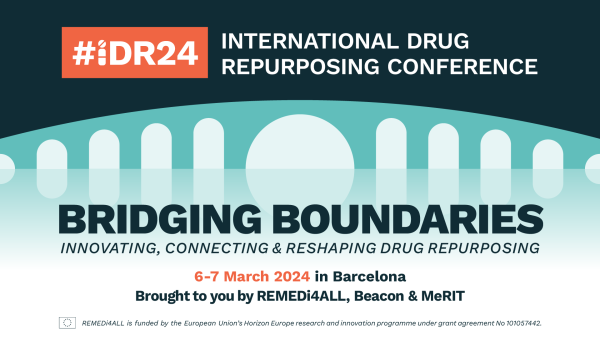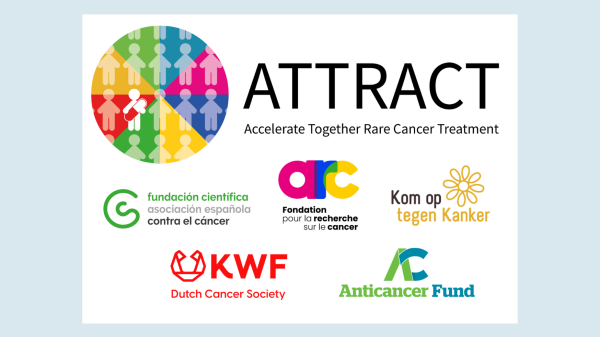Homepage Anticancer Fund
Changemakers on a mission
The Anticancer Fund fills in the blank spaces in cancer research, to deliver more and better treatments.
We offer personalised information about cancer treatments.
Be part of our mission.
Consider your donation not just a contribution, but an investment.

Our focus
Clinical Research
We make it happen
More can be done if financial returns are not the strategy when searching for new cures, but what patients need instead. Our research aims for treatments that significantly increase the survival and/or improve the quality of life of cancer patients.
Patient Support
We are here for you
Every patient has the right to get clear answers. We offer evidence-based information about your cancer and treatment, for free. Please reach out to our personalised service
My Cancer Navigator.








